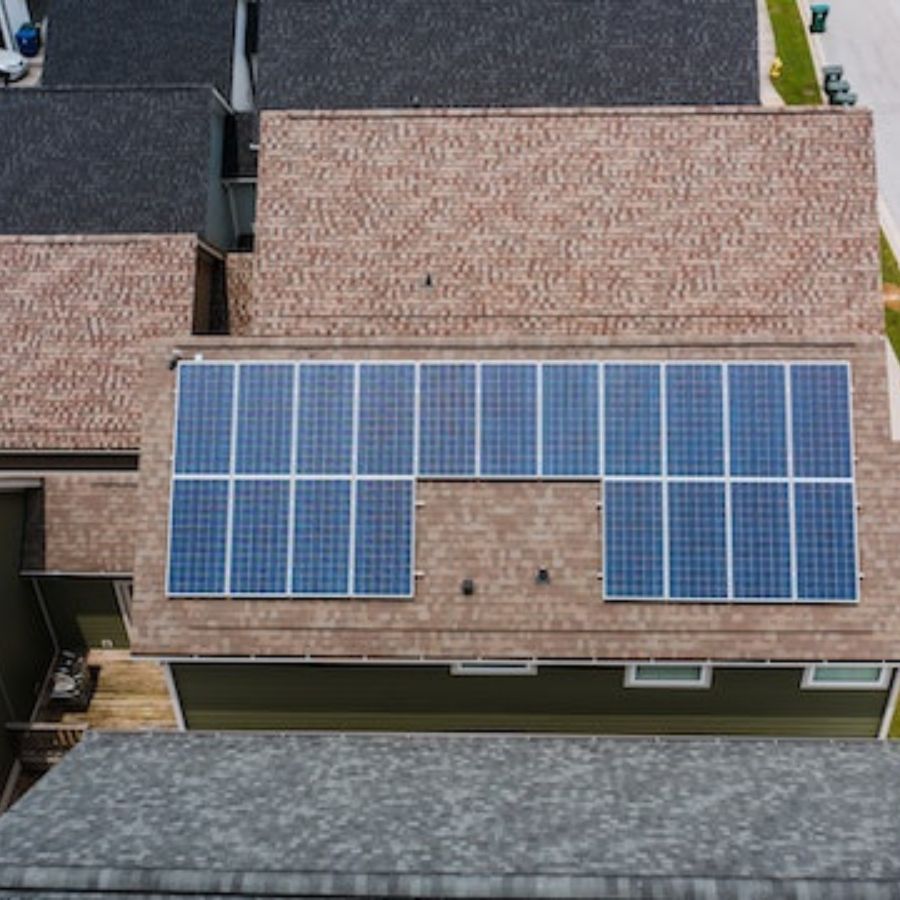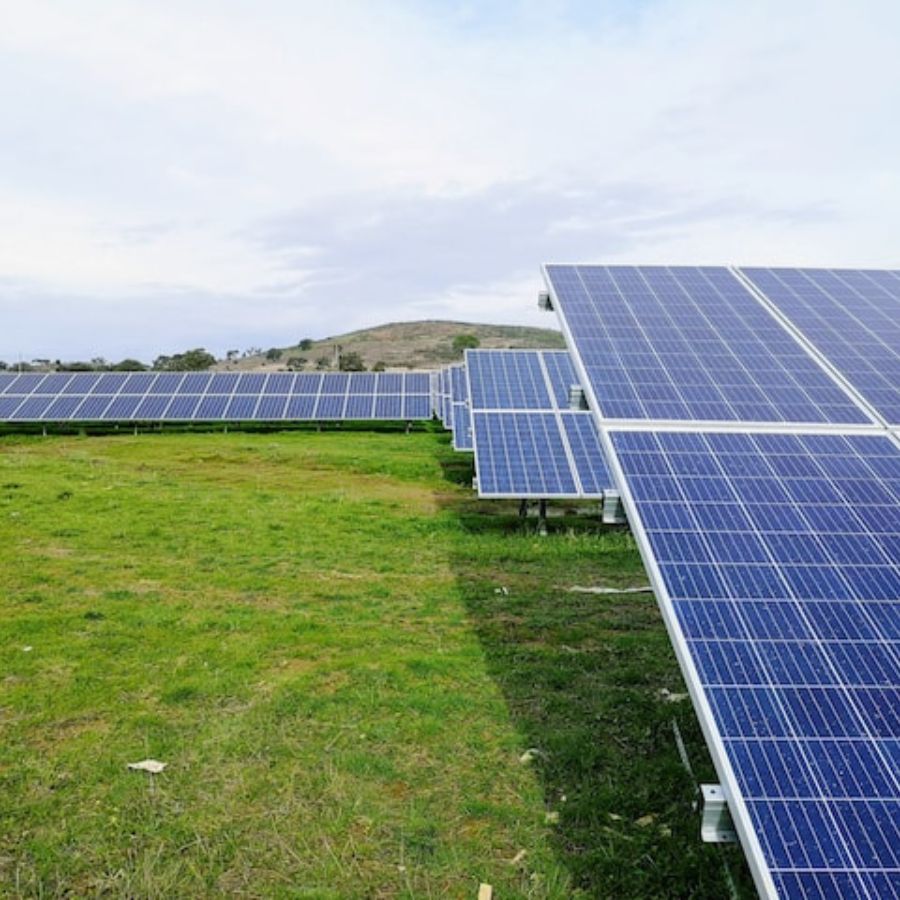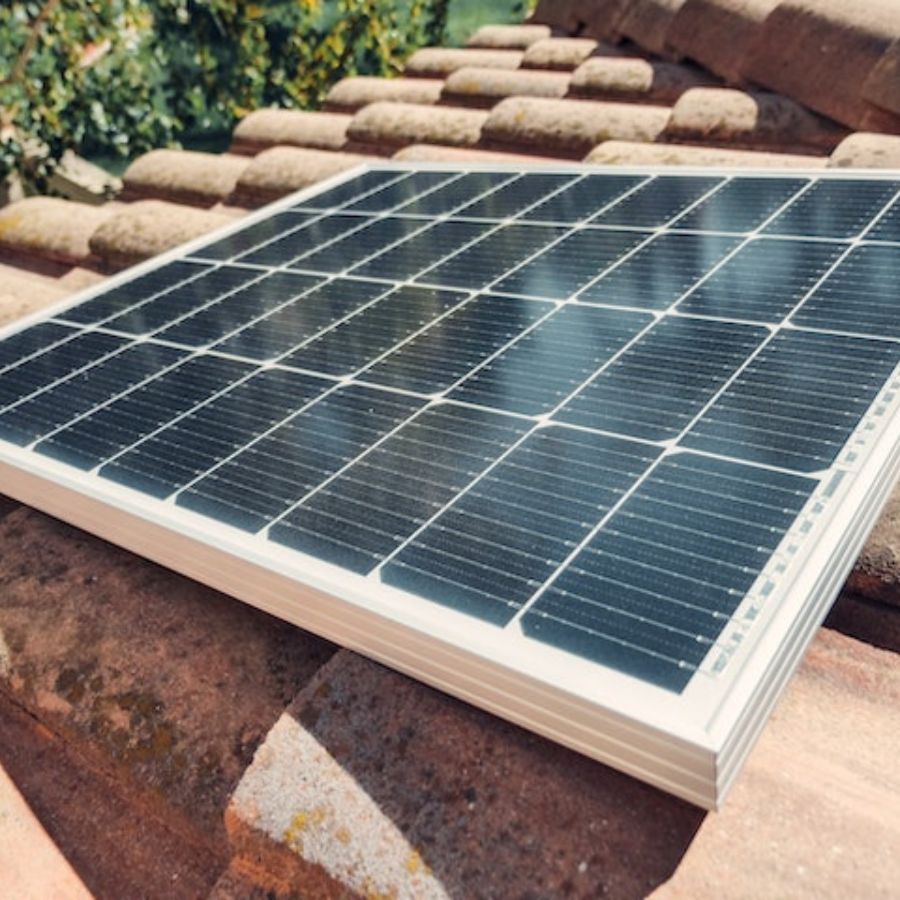Solar energy has long since evolved from a far-fetched idea to a practical, affordable, and accessible solution for our energy needs in BC, Canada. If you’re considering switching to this greener alternative, you may wonder, “Can I install solar panels myself?” The answer is yes. With careful planning and the right tools, it’s possible to undertake a DIY solar project.
However, before you start, you must understand that it’s not a task to take lightly. So let’s dive into the intricacies.
What Is a Solar Energy System?

A solar panel energy system, also known as a solar power system, is a power generation setup that uses solar panels to convert sunlight into electricity. These panels are photovoltaic cells that capture sunlight and convert it into DC (direct current) electricity.
An inverter then converts this DC electricity into AC (alternating current) electricity, which powers your home. With your solar system, you can dramatically cut your utility bills. Furthermore, you can reduce your carbon footprint and even sell excess electricity back to the grid in certain areas.
The DIY Solar Panel Installation Process
While the installation process of solar panels can be complex and requires a certain level of technical knowledge, many homeowners have completed this task using DIY solar panel kits.
These kits typically include solar panels, an inverter, and mounting hardware. Some also come with detailed installation guides that help you through the process.
Assessment and Design: The first step in a DIY solar panel installation involves assessing your energy needs and designing a solar system that can meet them. You’ll need to calculate how much power you need and decide on the type of solar panel system you want (grid-tied, off-grid, or hybrid). Again, it would be best if you determined where and how one can install the panels. South-facing roofs are ideal, but you can install solar panels on other structures or on the ground.
Permitting and Approval
Before installing your solar panels, you’ll need the necessary permits and approvals. It often involves submitting your solar system design to local authorities for review.
Remember to check with your local government or homeowner’s association to understand what’s required.
Installation
After receiving approval, you can start the actual installation. It involves mounting the solar panels, connecting them to an inverter, and integrating the system into your home’s electrical system.
Testing and Commissioning
Once the installation is complete, you’ll need to test the solar power system to ensure it’s working correctly and safely. Depending on local regulations, this step may require a certified electrician.
DIY Solar Panels – Pros and Cons
Embarking on a DIY solar venture is exciting, but weighing the pros and cons before diving in is critical. Installing solar panels can be gratifying and cost-effective, but they have potential challenges and risks.
The Pros
1. Cost Savings
One of the most significant benefits of installing solar panels is the potential for considerable cost savings.
Labor costs associated with professional solar panel installation can make up a substantial portion of the total expenses. By managing the installation yourself, you can reduce these costs.
2. Learning Opportunity
A DIY solar panels installation project offers a rich learning experience. As you plan and implement the project, you’ll understand how solar panels work, how they integrate with your home’s electrical system, and how to maintain them. This knowledge can be valuable for troubleshooting, upgrades, or future projects.
3. Satisfaction and Pride
Completing a complex task like a solar panel installation creates a unique sense of accomplishment. You’re not just saving money on your electricity bills but also actively participating in the transition to renewable energy sources. The feeling of pride in taking action toward sustainability is a significant benefit that you can’t measure in dollars and cents.
The Cons
1. Time and Effort
While you can save money with a DIY solar panel installation, it can be labor-intensive and time-consuming. You’ll need to dedicate time to learning about the process, procuring materials, applying for necessary permits, and carrying out the installation. You may find the process overwhelming if you need to prepare to invest this time and effort.
2. Safety Risks
Installing solar panels involves climbing onto your roof and working with electrical systems. These tasks come with inherent safety risks. If not handled correctly, it could result in serious injury from falls or electric shocks. Safety should always be your primary concern, so taking all necessary precautions, including using appropriate safety equipment, is essential.
3. Technical Challenges
Installing a solar system requires a good understanding of electrical systems. While kits of many DIY solar panels come with comprehensive installation guides, you may still encounter situations where technical knowledge is necessary. Without this knowledge, you could make errors that could impact the efficiency of your system or even cause damage.
4. Permitting and Inspections
Most areas require specific permits to install solar panels, and these installations must often meet specific codes and standards. Navigating this process can be complicated and time-consuming. If your installation doesn’t meet the necessary standards, you may have to make costly and time-consuming corrections.
Finally, a DIY solar panel installation can be a rewarding and cost-effective project for those up to the challenge. However, it’s essential to consider the potential risks and challenges involved. By understanding these, you can make an informed decision about whether this project is right for you.
DIY Solar Panel Kit vs. Professional Installation

While a DIY PV panel kit can provide the tools and equipment you need for the installation, it doesn’t include the experience and expertise that a professional solar installer can offer. Professional installers have the training to ensure the system installation is correct and safe. They also handle all the permitting and inspection processes for you.
On the other hand, the DIY route can save you money and give you the satisfaction of completing the project yourself. If you decide to go this route, prepare for the challenges and take the necessary safety precautions.
The Average Cost of Installing Solar Panels Yourself
Understanding the financial implications of a DIY solar installation is crucial when deciding whether to undertake such a project. The costs associated with installing solar panels vary widely, depending on factors such as the size of your solar system, the type of panels you choose, and whether you decide to include a solar battery for energy storage.
Adding these components, the average total cost for a DIY solar installation can range from approximately $10,500 to $16,000 for a typical residential solar system without a battery and from $15,500 to $23,000 with a solar battery.
These figures can vary widely depending on your specific circumstances, such as the size and complexity of your system, the particular equipment you choose, and local permitting and inspection fees. It’s also important to note that this estimate does not include any potential savings from federal, state, or local solar incentives, which can significantly reduce the net cost of installing solar panels.
Installing solar panels can result in substantial savings over time despite the upfront costs. You can reduce or even eliminate your electricity bills, but you may also increase the value of your home. Always consider the long-term financial implications alongside the initial outlay when deciding whether a DIY solar installation is proper for you.
Conclusion – Should You Install Solar Panels Yourself?
Considering installing solar panels yourself, weigh the cost and time savings against the challenges and risks. Being honest about your skills and how much time you can dedicate to the project is essential.
For many homeowners, the peace of mind with a professional solar installation is worth the extra cost. But if you’re up for the challenge and have the necessary skills, a DIY solar panel installation can be a rewarding project that saves you money while helping you reduce your environmental impact. Moving to a PV panel system is a positive step toward sustainability and energy independence.


Leave a Reply